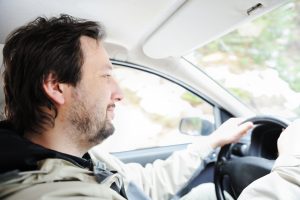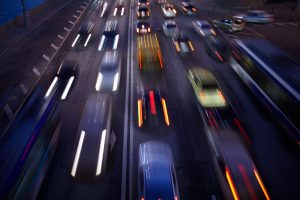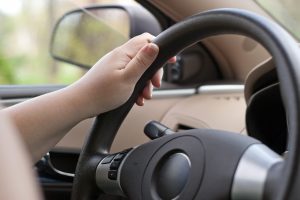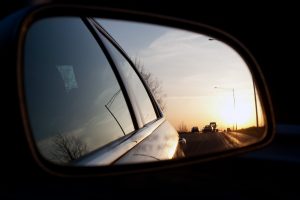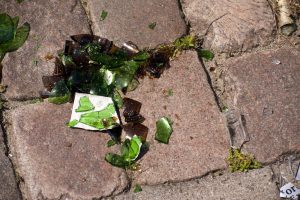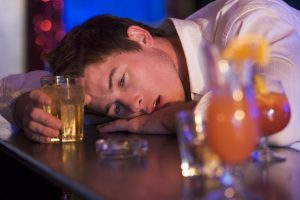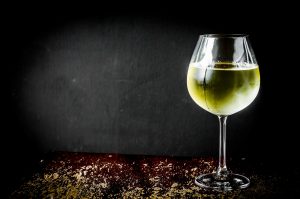 Getting arrested for DUI can be highly disruptive and embarrassing in itself—but imagine if your shortcomings made national headlines. By definition, famous people rely on publicity to keep them…famous. However, occasionally they get media attention for less than flattering reasons. Even so, we can always learn something from their stories, so let’s take a look at a few high-profile DUI cases from the past few months.
Getting arrested for DUI can be highly disruptive and embarrassing in itself—but imagine if your shortcomings made national headlines. By definition, famous people rely on publicity to keep them…famous. However, occasionally they get media attention for less than flattering reasons. Even so, we can always learn something from their stories, so let’s take a look at a few high-profile DUI cases from the past few months.
Vince Vaughn
Around 12:30 a.m. on Sunday, June 10, Dodgeball actor Vince Vaughn, 48, was stopped at a sobriety checkpoint in Manhattan Beach outside Los Angeles, WTOP reports. He allegedly failed an on-site sobriety test but opted to take a blood test rather than submit to a breathalyzer. Vaughn was arrested on the scene on suspicion of DUI, as captured by police body cameras. An unnamed passenger in the vehicle was also arrested for public intoxication, and both were cited for delaying an investigation—which under California law is listed in the same section as resisting or obstructing arrest.
 Los Angeles DUI Attorney Blog
Los Angeles DUI Attorney Blog


